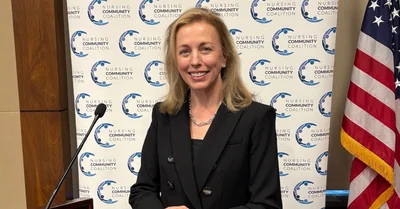On December 11, the U.S. Environmental Protection Agency (EPA) announced that the Tennessee Department of Environment and Conservation’s Office of Energy Programs has been selected to receive $890,000. This funding will aid in purchasing three zero-emission vehicles as part of its Clean Heavy-Duty Vehicles Grant Program. The program aims to replace diesel trucks with battery-electric models, install charging units, and provide training for electricians.
The grant is a component of President Biden's Inflation Reduction Act, designed to replace internal combustion engine vehicles with zero-emission alternatives while developing clean vehicle infrastructure and workforce training. The project in Tennessee will focus on reducing emissions from heavy-duty vehicles and improving air quality.
EPA Administrator Michael S. Regan stated, “Thanks to President Biden, we are accelerating American leadership in developing clean technologies that address the impacts of climate change.” Acting Regional Administrator Jeaneanne Gettle added that the program targets communities with poor air quality.
Currently, over 3 million Class 6 and Class 7 vehicles are in use across the nation. Many older models emit pollutants linked to health issues such as respiratory diseases. Cleaning up pollution from these vehicles is crucial for protecting public health.
The Clean Heavy-Duty Vehicles Grant Program aims to promote zero-emission vehicle adoption by replacing older models and supporting infrastructure development. A total of 71 applicants across various states have been selected to receive $739 million for purchasing over 2,000 zero-emission vehicles.
The program supports President Biden’s National Blueprint for Transportation Decarbonization and advances his Justice40 Initiative, focusing on delivering benefits to disadvantaged communities affected by pollution.
Approximately $523 million will fund projects serving areas not meeting EPA's air quality standards. The EPA plans to finalize awards by early 2025, with project implementation occurring over two to three years.
For more information about the program or inquiries, contact cleanhdvehicles@epa.gov or visit their webpage for updates.





